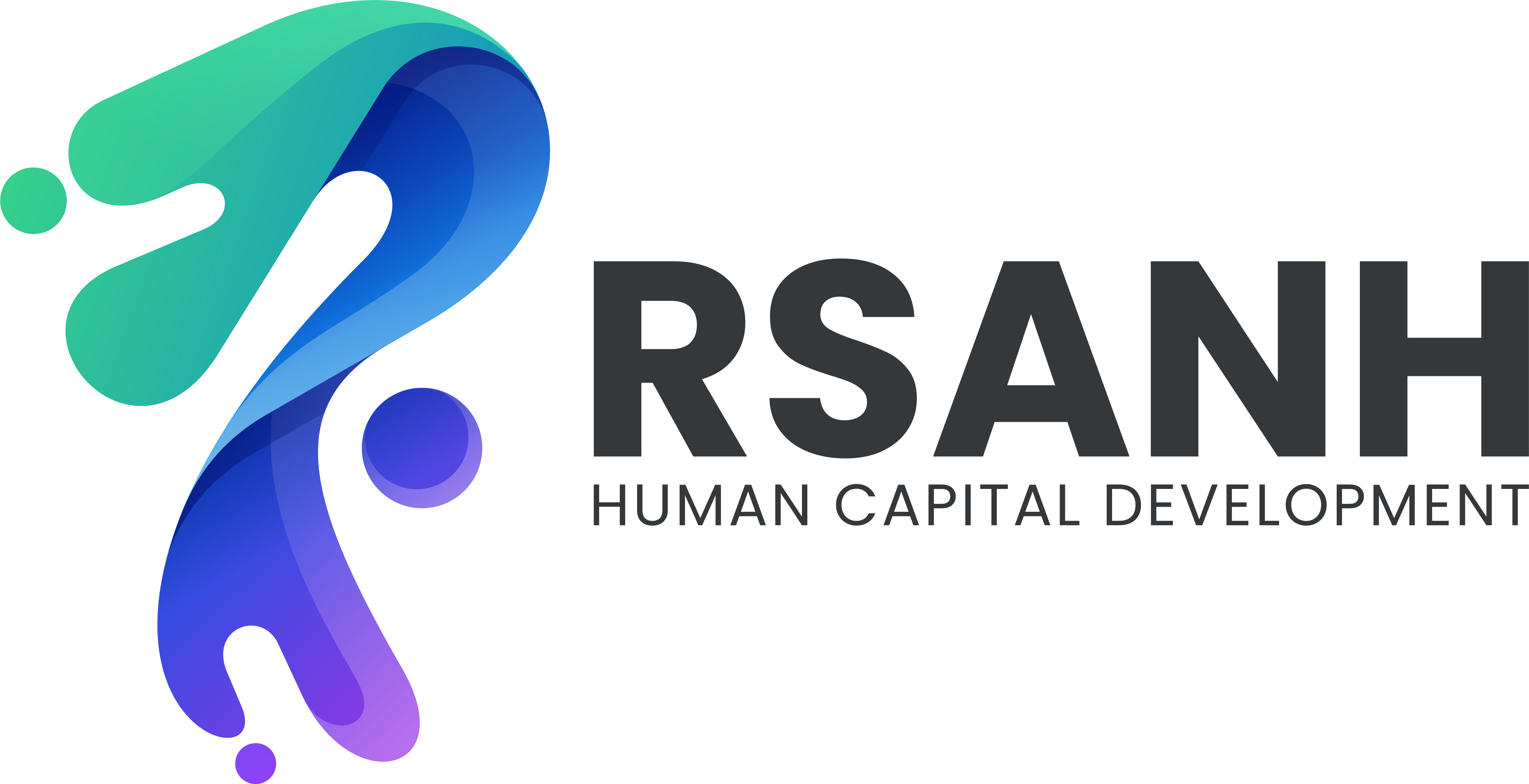What is the Course?
A comprehensive program designed to transform beginners into data-driven professionals.
Master essential tools and techniques for extracting insights from data, building predictive models,
and making data-informed business decisions.
Course Curriculum
Total Sessions: 16
Session Duration: 3 Hours
Sessions per Week: 2
Week 1
-
Session 1: Introduction to Data Science
- Overview of Big Data, Machine Learning, and Data Analytics
- Tools and Technologies Overview (Excel, Tableau, Python)
-
Session 2: Data Fundamentals & Excel for Analysis
- Data Collection, Cleaning, and Basic Statistics
- Excel Basics for Data Analysis (PivotTables, Charts)
Week 2
-
Session 3: Tableau for Data Visualization
- Connecting to Data Sources
- Creating Dashboards and Interactive Visualizations
-
Session 4: Introduction to Python for Data Science
- Setting Up Python Environment
- Python Syntax and Data Structures (Lists, Dictionaries, etc.)
Week 3
-
Session 5: Python Libraries (Pandas & NumPy)
- Data Manipulation with Pandas (DataFrames, Merging, Grouping)
- Array Operations with NumPy
-
Session 6: Data Visualization with Matplotlib & Seaborn
- Basic Plotting Techniques (Line, Bar, Scatter)
- Advanced Visualization Features (Styling, Subplots)
Week 4
-
Session 7: Exploratory Data Analysis (EDA)
- Descriptive Statistics and Data Profiling
- Handling Missing Data and Outliers
-
Session 8: Introduction to Machine Learning
- Supervised vs. Unsupervised Learning
- ML Workflow and Common Algorithms (Regression, Classification)
Week 5
-
Session 9: Regression & Classification Techniques
- Linear Regression, Logistic Regression
- Model Training, Validation, and Performance Metrics
-
Session 10: Advanced ML Algorithms
- Decision Trees, Random Forests, Gradient Boosting
- Practical Exercises and Use Cases
Week 6
-
Session 11: Web Data Analytics
- Collecting and Analyzing Web Data (APIs, Web Scraping)
- Tools/Packages for Web Analytics
-
Session 12: Cloud Computing for Data Science
- Overview of Cloud Platforms (AWS, Azure, GCP)
- Deploying Data Pipelines & Notebooks in the Cloud
Week 7
-
Session 13: Data Ethics & Best Practices
- Data Privacy, Security, and Ethical Considerations
- Governance & Compliance (GDPR, etc.)
-
Session 14: Project Environment Setup & Version Control
- Setting Up Collaborative Environments (Git, GitHub)
- Final Project Planning & Setup
Week 8
-
Session 15: Final Project Work
- Team/Individual Project Implementation
- Hands-on Support, Feedback, and Iteration
-
Session 16: Final Project Presentation & Wrap-Up
- Presenting Data Science Projects
- Course Recap, Q&A, and Future Directions

